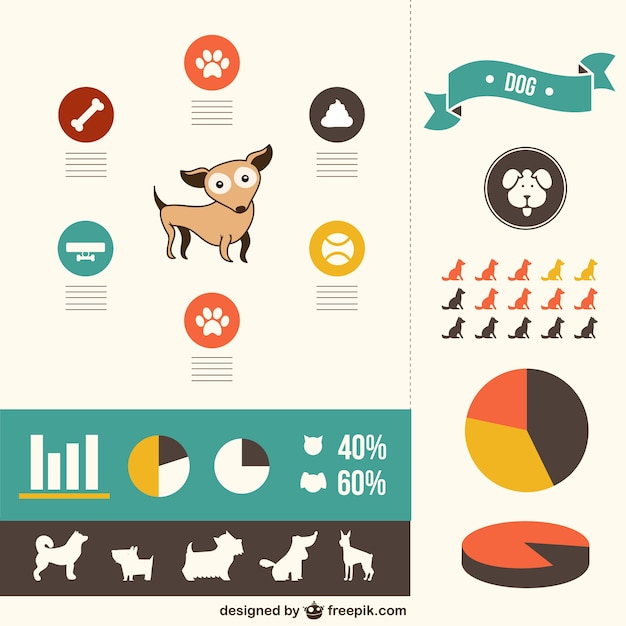Can Dog Daycare Make Dogs Tired
Can Dog Daycare Make Dogs Tired
Blog Article
Can Pet Dog Childcare Reason Ailment?
Pet dogs in daycare obtain great deals of exercise, socialization with various other pet dogs and distinct experiences. This can be particularly helpful for pups and pet dogs with behavioral concerns.
There are a number of lawful factors to consider you need to take into account when starting a doggy childcare organization. These consist of the structure of your business and compliance with government guidelines.
1. Pooch Distemper
Canine distemper is spread out via direct contact with the bodily fluids and waste of an infected dog, but it can also be transmitted through shared water and food bowls or with air-borne beads. This very transmittable illness is most harmful for puppies, but it can impact dogs of any age and is fatal for many if left without treatment.
First signs and symptoms of canine distemper usually resemble an acute rhinitis, consisting of dripping eyes and nose with watery or pus-like discharge. As the condition proceeds, a pet will certainly create high temperature, coughing, minimized hunger, throwing up and looseness of the bowels. The virus can likewise attack the nervous system, resulting in seizures, shivering and partial or full paralysis.
Trustworthy childcares lower direct exposure to infection by needing inoculations, regular health examinations and adhere to rigorous health methods. If your dog appears excessively worn out or hopping, a day of rest may help him recover, but you need to stay clear of taking him back to childcare till these signs improve.
2. Kennel Cough
Kennel cough, also known as transmittable canine tracheobronchitis or Bordetella, is a very transmittable viral or microbial illness that impacts the respiratory tract. It's commonly moved via the exchange of saliva or air beads that an ill canine exhales. Social dogs go to greater threat for infection because of their regular interaction with each other, such as when they play, share food or water, smell each other or simply meet in a jampacked atmosphere like a canine park or daycare.
One of the most typical sign of kennel cough is a relentless and powerful cough that seems like something embeded the throat or retching. Frequently, pets will certainly spend frothy white phlegm. If left unattended, a canine can develop pneumonia and go to severe danger permanently.
A trustworthy day care facility need to have stringent cleaning and hygiene procedures, sanitize all playthings, food and water bowls frequently, and be open about their inoculation policies. Maintaining your canine approximately day on their vaccinations, especially for bordetella and canine influenza, will greatly lower their possibilities of getting the health problem.
3. Parvovirus
Canine parvovirus, or parvo, is a highly transmittable viral health problem that can be fatal for pups and young adult dogs with inadequate immune systems. It's most commonly spread out by direct contact with contaminated dog.boarding near me pet dog feces-- which can occur when pets smell, lick, or preference infected feces-- and indirectly from infected people, objects, or atmospheres (like kennels, grooming spaces and lawns). Pups and canines without full inoculation histories are specifically vulnerable to parvo.
The virus is very resilient, enduring in the atmosphere for up to nine years, and can conveniently be transferred in between canines by call with feces or on footwear, clothes, and bed linens polluted with parvovirus. If not treated quickly with IV liquids, electrolyte balance, throwing up control drugs and prescription antibiotics to stop secondary microbial infections, a dog will quickly dry out and develop extreme diarrhea, which causes shock and blood poisoning. Parvo is challenging to heal once a pet dog has ended up being ill, yet with suitable vet treatment, numerous pups do survive this ailment.
4. Canine Flu
Pooch influenza virus is very contagious and spreads with straight contact, sharing food and water bowls, licking or nuzzling other pets, through airborne beads, and via contaminated surface areas. Inoculation is effective in minimizing the threat of infection and outbreaks.
A lot of influenced dogs establish a light respiratory infection with a cough that lasts 1-3 weeks. They might also have nasal and eye discharge, sneezing, and sleepiness. Some of the most severe cases lead to pneumonia and a high fever.
If your pet dog shows any of these signs, do not bring them back to childcare until they are healthy and balanced. If your pet is showing indications of severe fatigue or limping, speak to your veterinarian immediately and make certain they get on good health supplements to help develop their resistance. A veterinarian will examine your pet for signs and symptoms of the flu by taking a sample from the nose or throat, and blood tests can be done to validate.